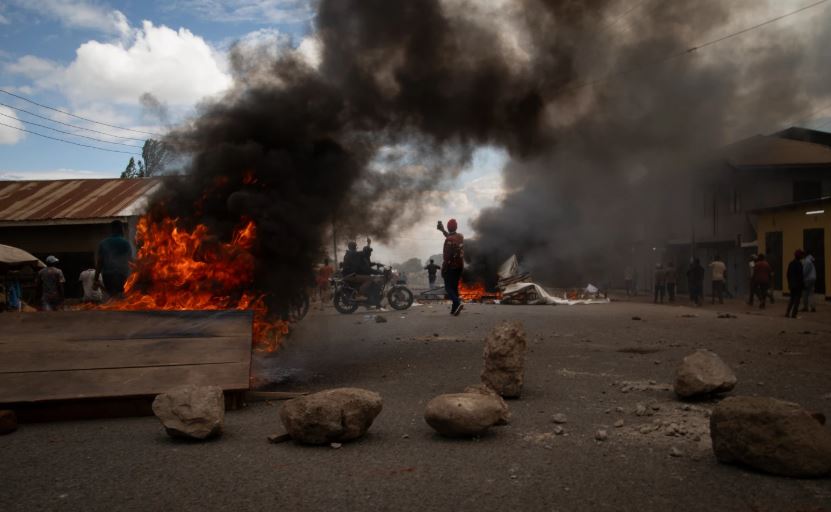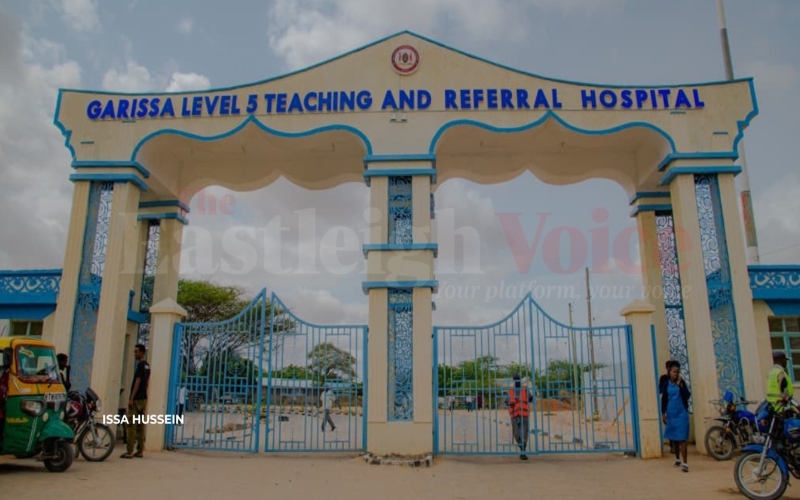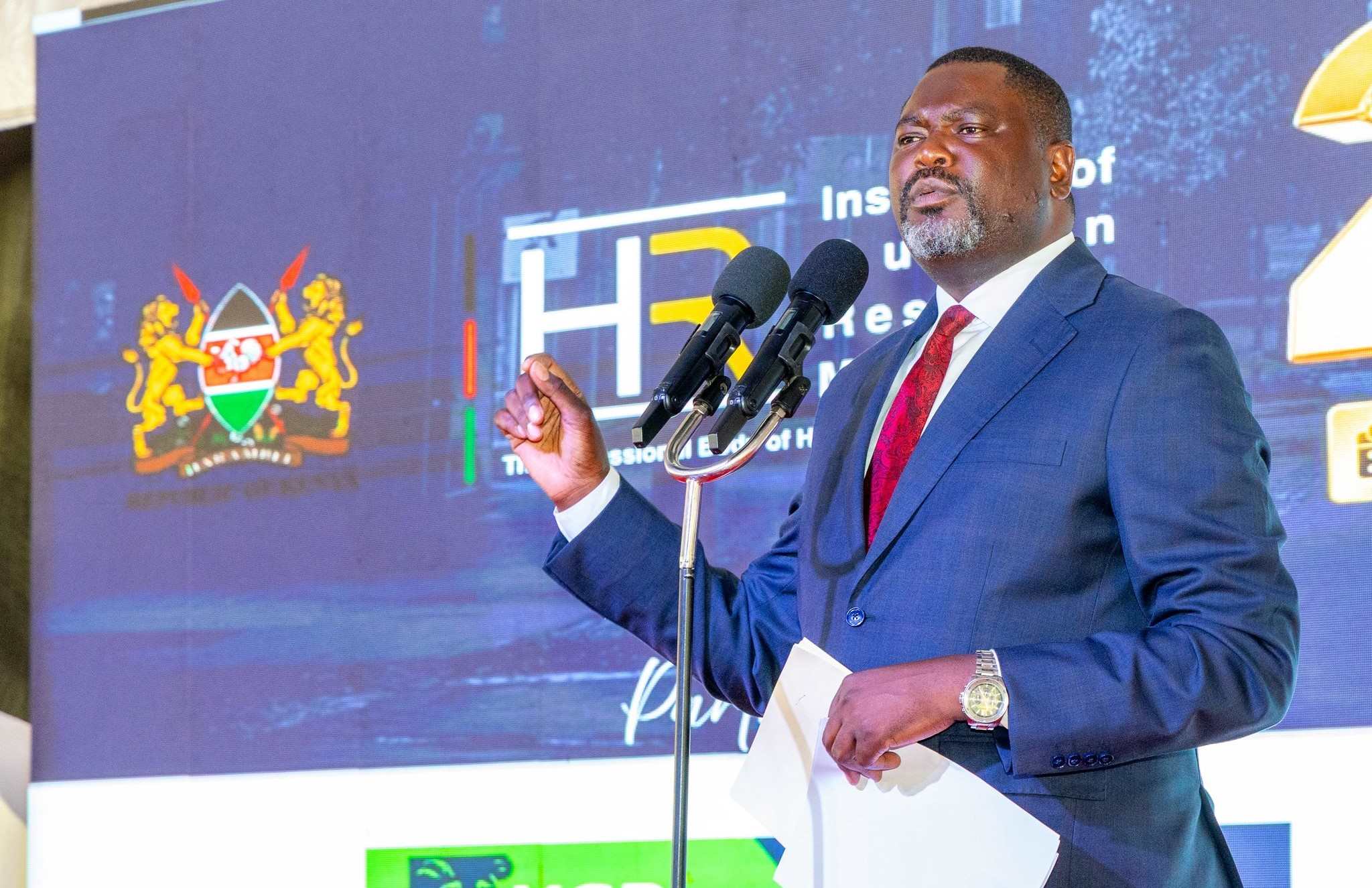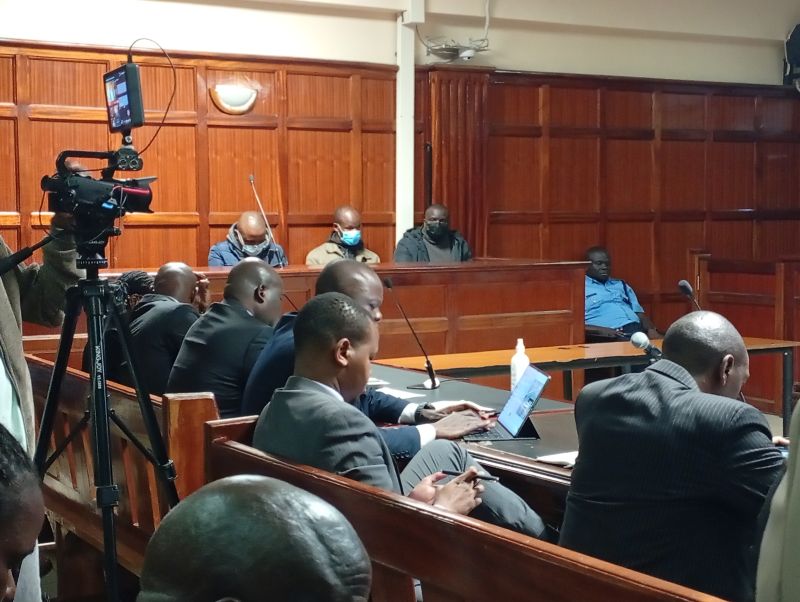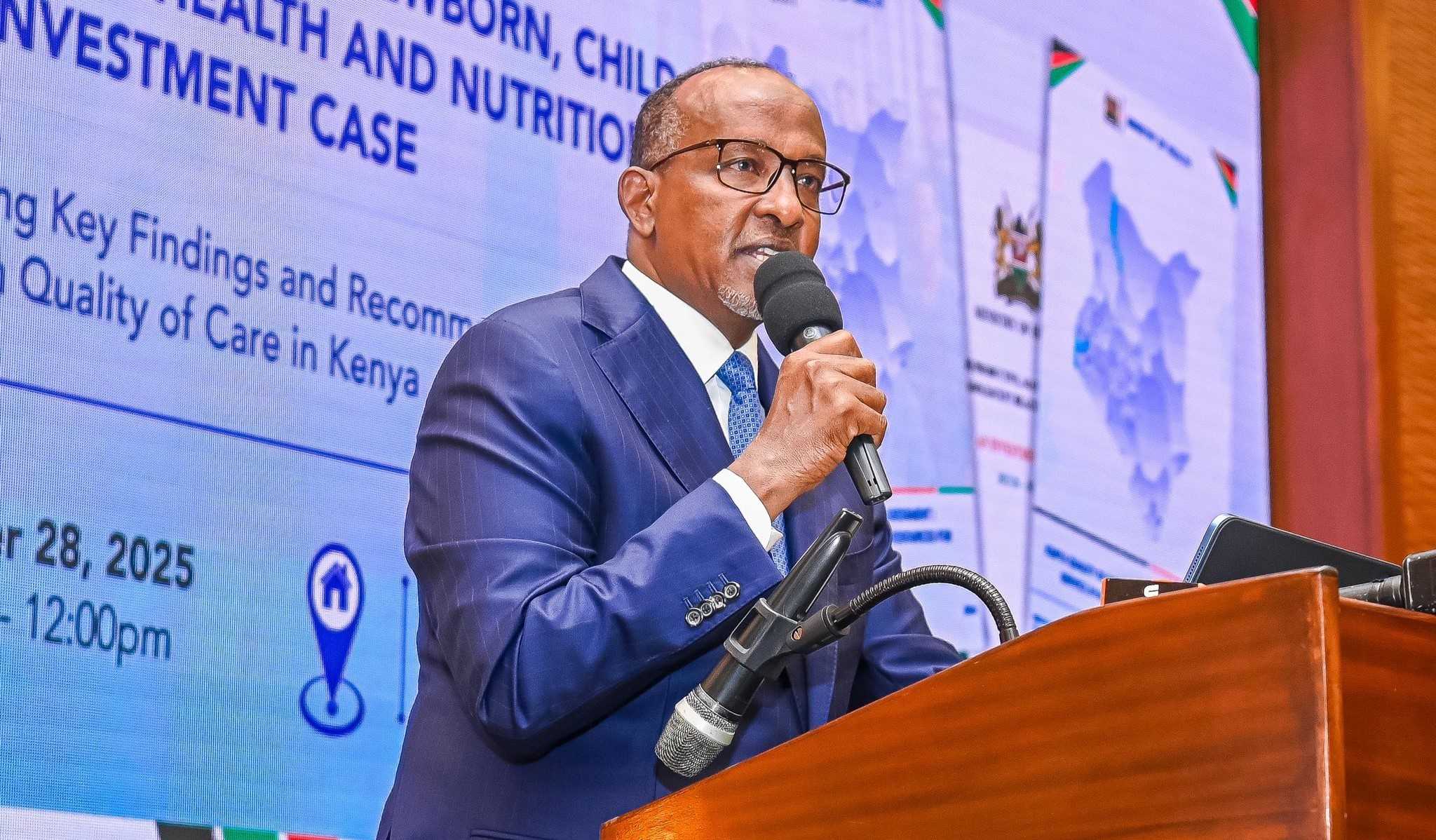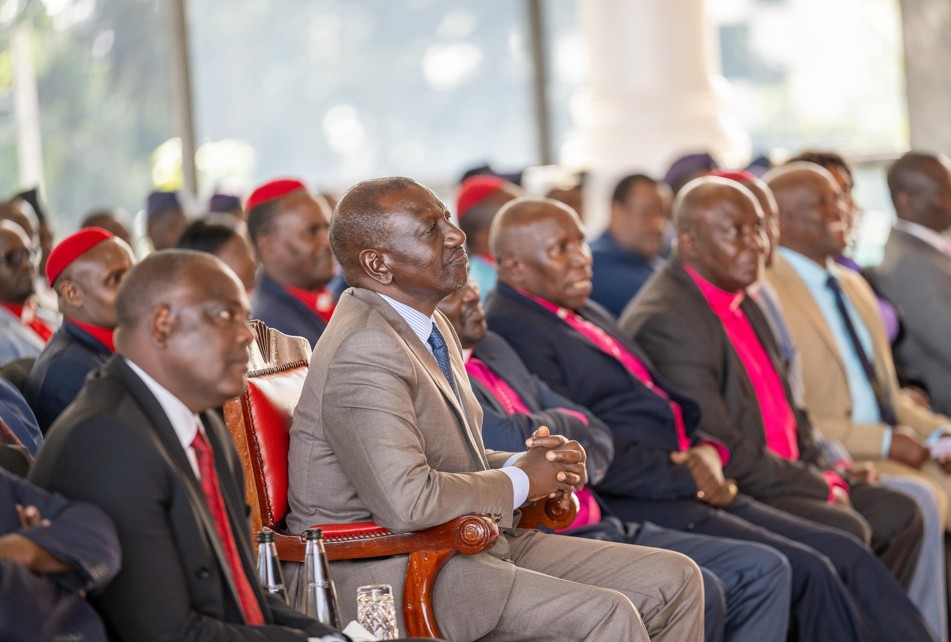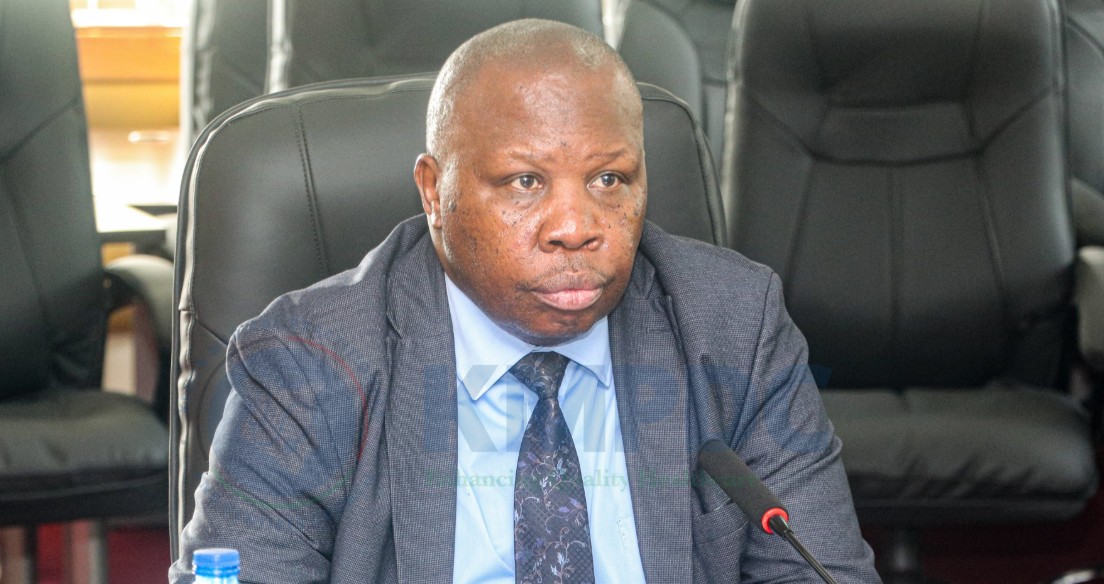Africa's terrorism threat: UN urged to fast-track funding for peace missions
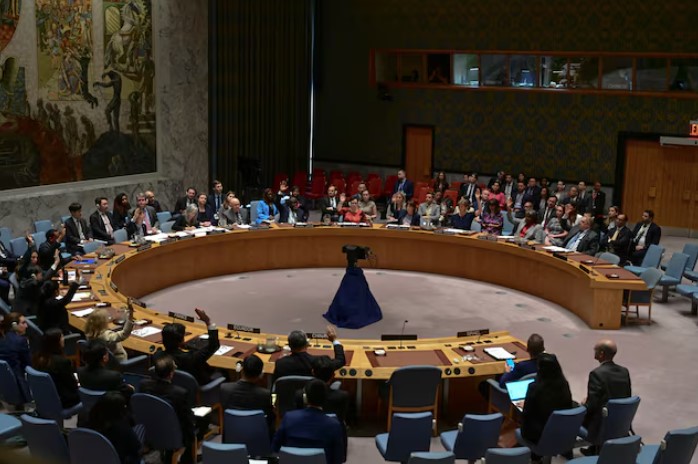
This aligns with resolution 2719 (2023), which unanimously granted access to African-led peace operations, on a case-by-case basis, to United Nations-assessed contributions aimed at preventing violent conflict and its escalation.
Calls for the fast-tracking of African-led peace missions' access to United Nations (UN) funding persisted on Tuesday as the Security Council debated the growing threat of terrorism in Africa.
This aligns with resolution 2719 (2023), which unanimously granted access to African-led peace operations, on a case-by-case basis, to United Nations-assessed contributions aimed at preventing violent conflict and its escalation.
The call made by the African Union's (AU) Commissioner for Political Affairs, Peace, and Security, Ambassador Bankole Adeoye, followed revelations that terrorism remains the most significant threat to peace, security, and sustainable development across Africa today, accounting for over 3,400 attacks on the continent that resulted in over 13,900 fatalities last year.
He urged that the AU and the UN jointly support predictable, sustainable, and flexible funding for peace enforcement in counter-terrorism contexts.
"Therefore, the "swift activation" of Council Resolution 2719 (2023)—which opens the door for African-led peace support missions to access UN funding—would be a significant step forward for the African Union in its efforts to combat terrorism across the continent," he said.
Earlier, Amina Mohamed, the UN Deputy Secretary General, emphasised the crucial role the council plays in supporting African Union counterterrorism initiatives.
"Despite continued efforts by Member States, sub-Saharan Africa now accounts for nearly 59 percent of all terrorism-related deaths globally. Now it's time to meet unmet commitments and implement the promises made in the Pact with determined action," she said, referring to Resolution 2719 (2023) and the Pact for the Future that was adopted four months ago by UN Member States, giving renewed momentum to global efforts against terrorism.
Amina stated that the Sahel region is currently experiencing a severe crisis, with terrorism-related deaths in the region surpassing 6,000 for three consecutive years, accounting for more than half of all global fatalities.
"In this surge, Burkina Faso now leads the world in terrorism deaths, with a staggering 68 percent increase," she said.
She, at the same time, noted that Al-Qaeda and ISIL affiliates have spread to coastal countries in West Africa, with violent attacks soaring by more than 250 percent in two years and that a new group known as 'Lakurawa' is conducting cross-border attacks in northwest Nigeria, Niger, and Chad.
"There are also growing risks of infiltration and radicalisation along Ghana's northern regions, as well as in Togo, Côte d'Ivoire, and Nigeria," she said, adding that the threat persists elsewhere as groups such as Al-Shabaab in Somalia, the Allied Democratic Forces (ADF) in the Democratic Republic of Congo, and Ahlu Sunna Wal Jama in Mozambique continue to unleash horrific violence.
These groups, she said, are not only terrorising communities but also committing sexual and gender-based violence, as well as assaulting children and forcibly recruiting them into their ranks.
"Let us make no mistake. At this rate, in West Africa, the future is at stake. The marginalisation of youth, coupled with soaring unemployment, has left an entire generation vulnerable to extremist groups. If we don't act, we risk losing this generation to the horrors of terrorism, their futures stolen before they even have a chance to begin. As terrorism evolves, so must we," she warned.
Top Stories Today
